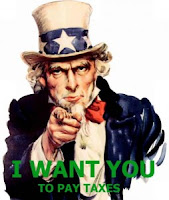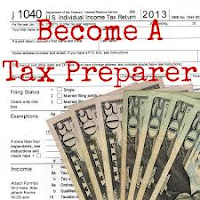Individual income taxes are the federal government’s single biggest revenue source. In fiscal year 2018, which ended Sept. 30, the individual income tax is expected to bring in roughly $1.7 trillion, or about half of all federal revenues, according to the Congressional Budget Office.
If past statistics can offer any guidance, in 2016, $1.44 trillion income taxes were paid by 140.9 million taxpayers reporting a total of $10.2 trillion in adjusted gross income, according to data recently released by the Internal Revenue Service.
Bloomberg looked into the 2016 individual returns data in detail for some additional insights illustrated in the charts below:
Progressive Paying
The top 1 percent paid a greater share of individual income taxes (37.3 percent) than the bottom 90 percent combined (30.5 percent). The top 50 percent of all taxpayers paid 97 percent of total individual income taxes. In other words, the bottom 50 percent paid 3 percent. Which small percentile of tax payers also paid 3 percent or more? You might have guessed it. It is the top 0.001 percent, or about 1,400 taxpayers. That group alone paid 3.25 percent of all income taxes. In 2001, the bottom 50 percent paid nearly 5 percent whereas the top 0.001 percent of filers paid 2.3 percent of income taxes. The individual income tax system is designed to be progressive — those with higher incomes pay at higher rates, while the indentation, or the reduction in the steepness of the “progressivity” curve, is visible at the highest levels. 
The average tax rates paid by the very wealthiest has fallen in recent years from a peak of 24.1 percent in 2013 to 22.9 in 2016 and was a full four percentage points below the 26.9 percent that the top 1 percent paid on average. To put these numbers in perspective, the top 0.001 percent of taxpayers consists of 1,409 returns, the top 1 percent equals 1.4 million returns and the top 50 percent is half of the total 140.9 million returns.
The most extensive rewrite of the U.S. tax code in more than 30 years, known as TCJA act, was signed in law into early 2018. Individuals may start to feel the effects of last year’s tax overhaul when they file their returns in April. Estimates show the law’s biggest benefits go to top earners.
Read more at: Tax Times blog













